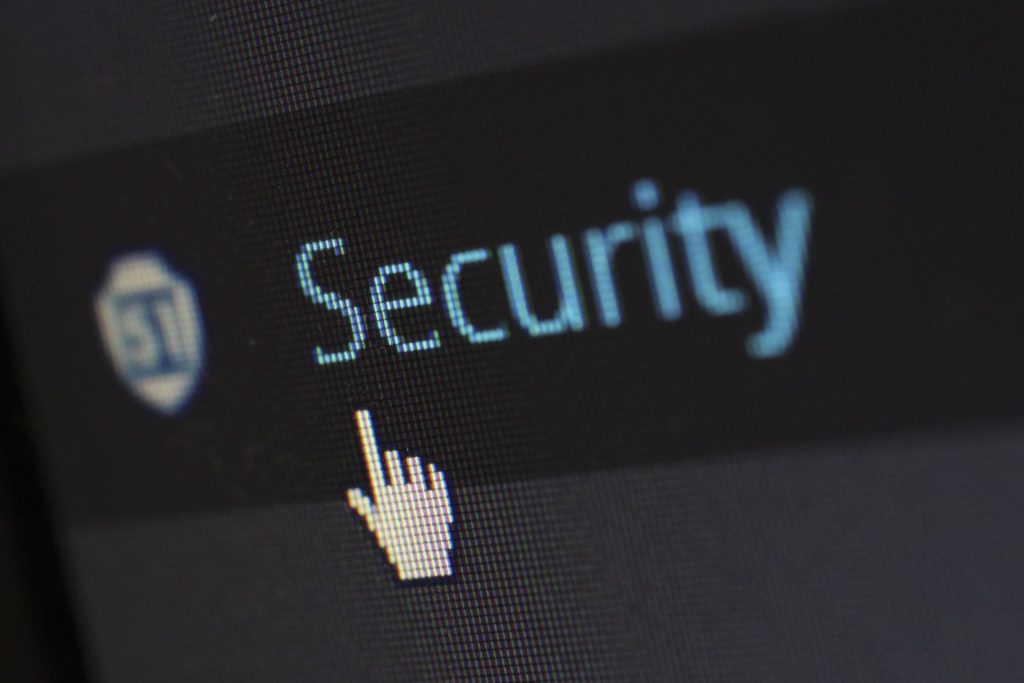What is SSL? Here’s the Reasons Why You Need It

Internet security is a right that a lot of people take for granted. Not many people appreciate being on a secure website until they finally know the taste of having their device infected by malware and spyware. When data is your most important asset, keeping it safe should be your top priority, starting with the sites you visit.
There are two types of website links that you’ve probably noticed before—one that starts with HTTP and begins with HTTPS. If you don’t already know, that additional “s” is what indicates that you’re secure on the website that you’re in!
Something as minuscule as a letter is what is keeping your data secure, and it is called SSL. Let’s not delay it any further—let me tell you what SSL is and why it’s crucial to your safety!
SSL Certificate—What is it?
An SSL certificate is a tiny data file that creates an encrypted link between your browser and the web server you’re currently accessing. This encrypted link created by the SSL certificate ensures that every bit of data and information that passes through the web server and your browser is private.
The information that you fill up on a website can easily be intercepted by a hacker when you’re on an unsecured website. Imagine all of the passwords, bank account details, and private information that you input everyday. Now, imagine that all of that becomes accessed by a person who you don’t know just because you used an unsecured website.
Websites that require you to log in personal information daily and fill up forms containing sensitive data should always have SSL protection, or you should abandon using them entirely.
Types of SSL Certificates
SSL has six types of certificates granted to a site based on the SSK that you obtain. SSL falls under two categories—encryption and validation, and then there’s the domain number. These factors have three certificate classifications that a website can apply for on the SSL website.
For certificates that run under the domain number—the certificates are single, multidomain, and wildcard. For those that fall under encryption and validation—there are domain organizations and extended validation.
Organization Validated Certificate (OV SSL)
Organization validated certificates provide medium level encryption security that verifies that your organization and domain validation are legitimate. A website obtains this certificate in two steps—first, the CA verifies who owns the domain, and then it checks if the operation of the organization is legal.
Users can check this certificate type by clicking on the green padlock following the company’s name. This is perfect if you don’t have the budget to get EV encryption but still want a moderate encryption level for your site!
Extended Validation SSL Certificate (EV SSL)
This certificate shows the green padlock, HTTPS, business name, and business country of the website to avoid being categorized as a spam website. EV SSLs are the most expensive to get. However, it does provide a clear indication that your website is entirely legitimate and willing to spend just to show it.
To get an EV SSL, you have to prove that you have the authorization and own the domain you’re submitting. This means that you’re legally collecting data that is needed for specific actions, such as taking in credit card information for e-commerce sites.
Everyone can obtain EV SSLs, but it should be a priority for businesses that need identity assurance. This means that websites that collect data, such as e-commerce websites, should get this certificate.
Domain Validation SSL Certificate (DV SSL)
This is the quickest validation certificate that you can get since you only need a handful of company documents so that you can apply. DV certificates offer low-level encryption shown as a green padlock next to your website’s URL.
A DV SSL can get the job done if your company doesn’t have the budget to get a high-level SSL.
Single Domain SSL Certificate
A single-domain SSL certificate is one that protects a single domain. This means that this certificate can’t be used to secure any sub-domains related to the main domain or a completely different domain under your company’s name.
Multi-Domain SSL Certificate or Unified Communications SSL Certificate (UCC SSL)
As the name suggests, Multi Domain SSL certificates allow multiple domain names to be on the same certificate. These were made to connect communication between numerous domain names by the same owner.
A UCC SSL shows a padlock to display verification located in the address bar. They can also be EV SSL along with being a multi domain SSL if they have green text, a padlock, and an indication of the home country. Multi Domain certificates can cover up to a hundred domain names for your company too!
Wildcard SSL Certificates
Wildcard SSL certificates are generally used for domains that have subdomains. This means that a certificate you buy for one domain can be used for subdomains under the main one.
Confusing? Here’s an example of how it works. If you buy a wildcard SSL for notarealdomain.com, the certificate can also be applied to mail.notarealdomain.com and blog.notarealdomain.com! This is a lot more cost-efficient in comparison to getting multiple certificates for loads of different domains.
How To Know If You’re Secure In A Website
From the moment that you first load into a website, there are distinct features that you can look for to immediately know if it has an SSL or not. Check them out below!
URL Starts With “HTTPS” Instead of “HTTP”
Remember what we said earlier in the beginning. Every SSL site indicates that it’s secure when it has an “s” at the URL’s start. In some cases, the HTTPS text can be green and is preceded by a green padlock.
URL Bar Padlock
As stated above, there will be a padlock on the URL bar’s left or right side if a site is secure. Look for the padlock and click on it to get more information on the certificate and the company!
Valid Certification
A website can have the HTTPS and padlock visible and still have an expired certificate. Having an expired certificate means that your information can be compromised!
Check if the certificate is valid by going to the developer tools (in Chrome) and checking the security tab to check the site’s SSL information. The next time you visit a website—always make sure that you are safe and secure!
Secure your website and your user’s information by adding an SSL certificate. Get more users to trust your website and sell more today.

